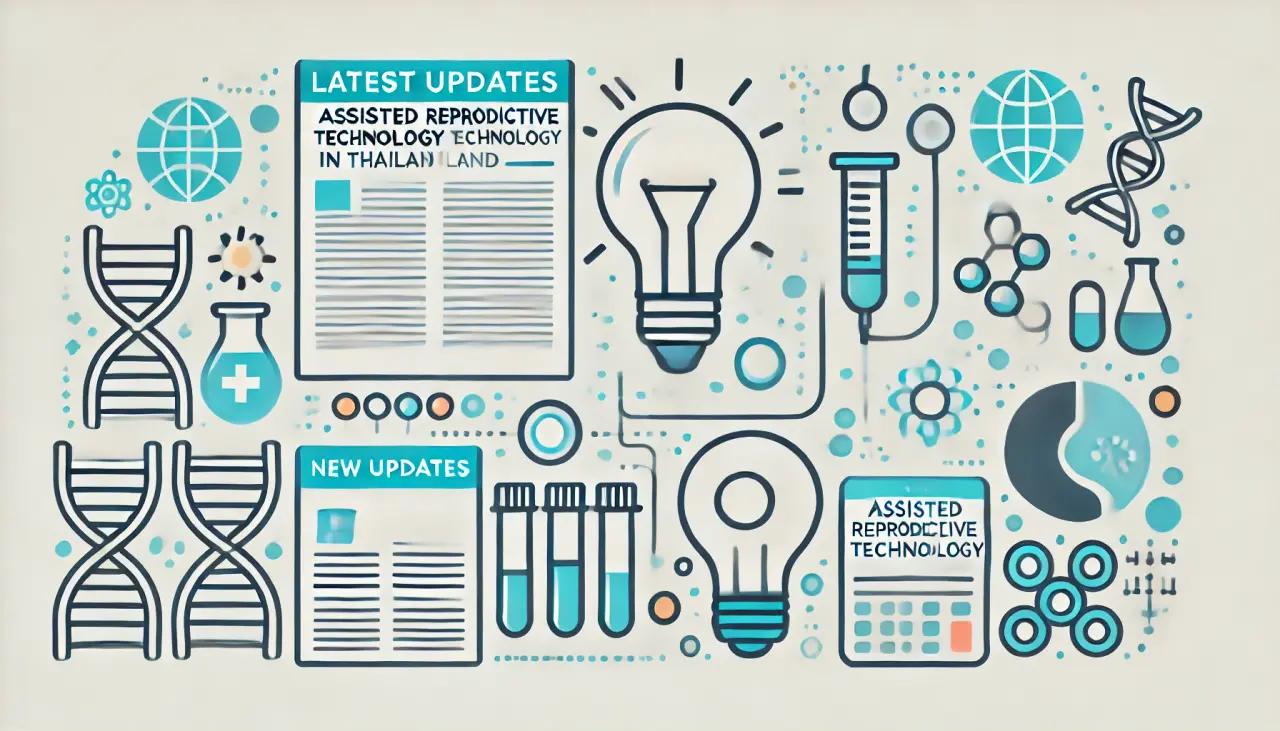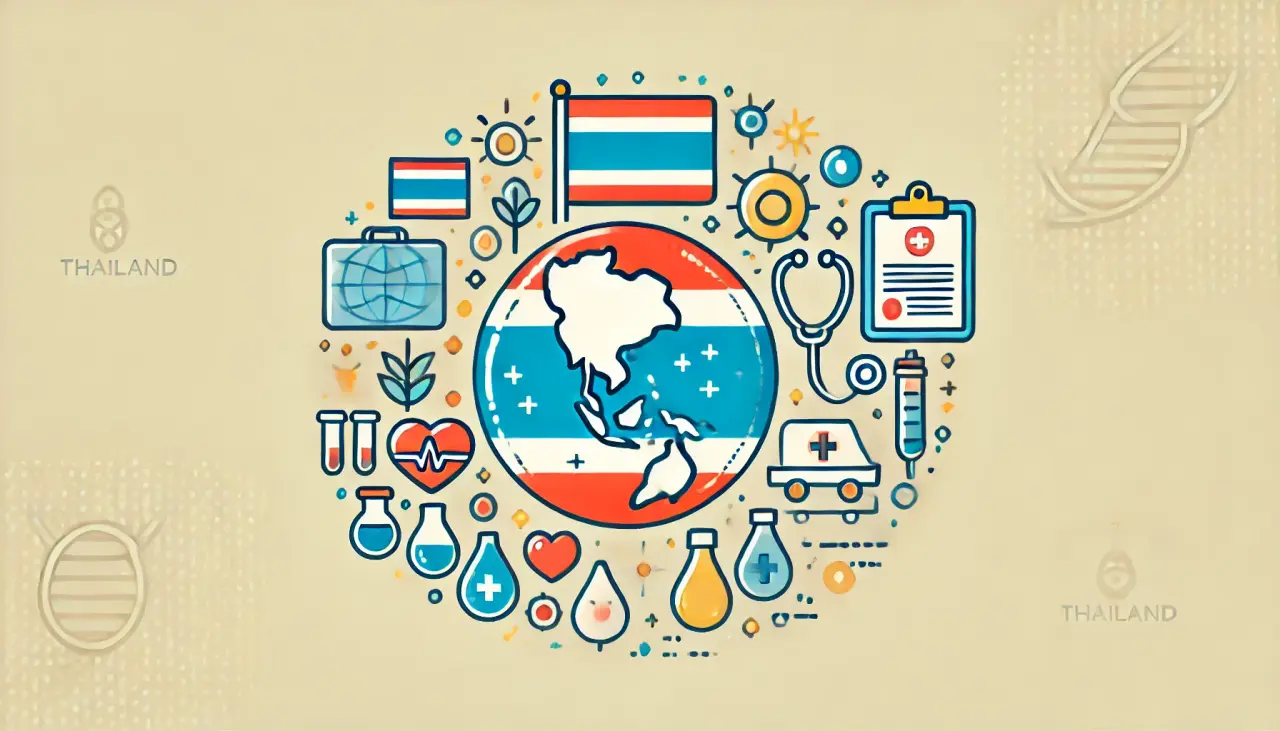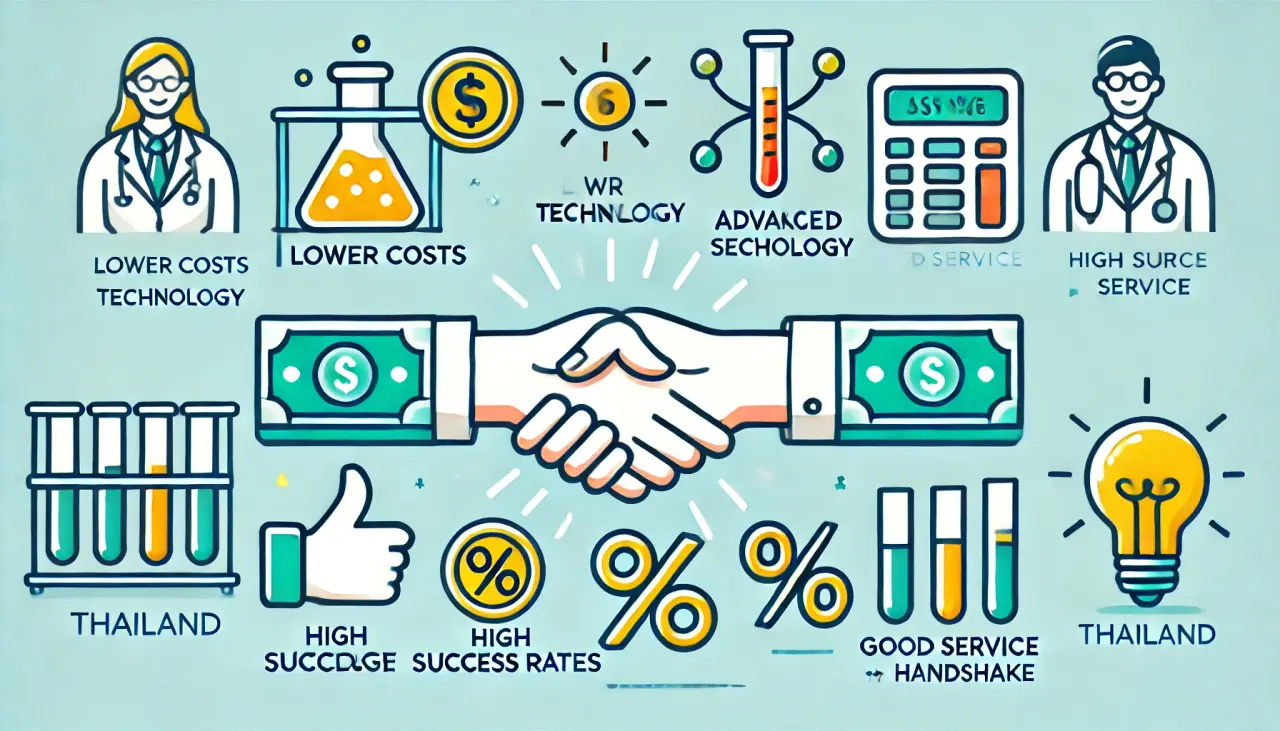
Thailand’s Development of Assisted Reproductive Technology: High Success Rates and Legal Advancements
Thailand has made significant strides in the field of assisted reproductive technology (ART), drawing attention from around the world with its high success rates and advanced medical services. Earlier this year, the Thai government announced that the Ministry of Public Health is considering amendments to the surrogacy laws, which would allow foreign couples to seek surrogacy services in Thailand. If these legal reforms are passed, they could benefit not only international couples but also the LGBTQ+ community, making Thailand one of the few countries with such inclusive regulations.
According to the Ministry of Public Health, a special committee is currently working on drafting these regulations. “If the bill is approved, it would be the first of its kind globally,” said a health official. “Foreigners are particularly interested in this topic, and once the regulations are relaxed, it’s expected to significantly boost the country’s health economy.”
Many people associate Thailand primarily with its vibrant tourism industry, but an often-overlooked fact is that Thailand also excels in the healthcare sector. Known for its excellent medical services, particularly in private healthcare institutions, Thailand has earned a reputation for high-quality reproductive health services.
Why Thailand is Becoming a Fertility Destination
The development of assisted reproductive services in Thailand has been rapid, and the country offers a cost-effective alternative for couples considering in-vitro fertilization (IVF) treatments. This is due, in part, to Thailand’s robust support for its medical tourism sector, which has led to significant investments in technology, facilities, and skilled personnel. As a result, the success rates for IVF in Thailand are comparable to those in the United States, while the cost is often less than one-third of that in the U.S. This affordability, coupled with high-quality services, has made Thailand a top choice for those seeking ART services such as egg freezing and sperm preservation.
For people seeking fertility solutions, Thailand offers cutting-edge techniques and expertise. Currently, there are many intermediary companies in both Thailand and other countries that connect patients with Thai clinics. These companies vary greatly in terms of service quality and pricing due to intense market competition. Typically, these agencies attract clients from abroad, refer them to partner clinics in Thailand, and earn commission fees. Some agencies even provide comprehensive packages, which include travel arrangements, accommodation, translation services, and more.
Changes in Thailand’s Political Landscape and Its Impact on Reproductive Health Policies
This month, Thailand saw the inauguration of a new Prime Minister, sparking some uncertainty about potential policy changes. However, it’s widely expected that the government’s stance on surrogacy and LGBTQ+ rights will remain largely unchanged. Due to a declining birth rate, the Thai government is keen to promote legal reforms that encourage population growth and social change.

Third-Generation IVF Technology: Thailand’s Edge in Reproductive Health
Among the most advanced reproductive technologies available today is third-generation IVF, a technique that Thai medical institutions have mastered. This technology, which includes procedures such as Preimplantation Genetic Diagnosis (PGD) and Preimplantation Genetic Screening (PGS), allows doctors to screen embryos for over 125 genetic disorders before implantation. This capability is currently available only in a few countries, including the United States and Thailand, making Thailand a key player in the global fertility market.
The cost of third-generation IVF in Thailand is another reason for its appeal. While the average cost for this technology in the United States ranges between 170,000 and 190,000 RMB (approximately USD 23,000–27,000), the cost in Thailand is significantly lower, ranging from 90,000 to 120,000 RMB (approximately USD 12,500–17,000). For many middle-income families, this price difference is a major factor in choosing Thailand as their fertility destination.
Thailand’s Success Rates and Global Competitiveness
According to industry experts, the success rate of IVF procedures in the United States is around 70%, while in Thailand it is about 60%. Although slightly lower, this success rate, combined with the significant cost savings, makes Thailand an attractive option. Open data shows that only Thailand and the United States currently offer comprehensive genetic screening of embryos for up to 125 genetic conditions.
This background has motivated the Thai government to further develop its medical tourism sector by integrating healthcare with tourism, promoting it as a new growth engine for the Thai economy. Some may find the government’s focus on this sector puzzling, but it’s part of a broader strategy to position Thailand as a leading hub for health and wellness in the region.

Summary of Thailand’s Advantages in Assisted Reproductive Services
- High Success Rates: IVF success rates in Thailand are comparable to global standards, with top clinics offering cutting-edge technology and experienced specialists.
- Cost-Effectiveness: The cost of IVF in Thailand is significantly lower than in countries like the United States, making it an affordable option for international patients.
- Advanced Technology: Thailand offers third-generation IVF technology, including PGD and PGS, which can screen embryos for numerous genetic conditions.
- Government Support for Medical Tourism: Strong government backing has led to improved healthcare infrastructure and services, enhancing Thailand’s appeal as a medical tourism destination.
- Potential Legal Reforms: Proposed amendments to surrogacy laws could further open up the market to foreign couples and the LGBTQ+ community.
Conclusion
Thailand’s rapid advancements in assisted reproductive technology, combined with supportive government policies and competitive pricing, have positioned the country as a prime destination for fertility treatments. As the country considers further liberalization of its surrogacy laws, Thailand is poised to become an even more attractive option for international couples seeking safe, high-quality, and affordable reproductive health services.